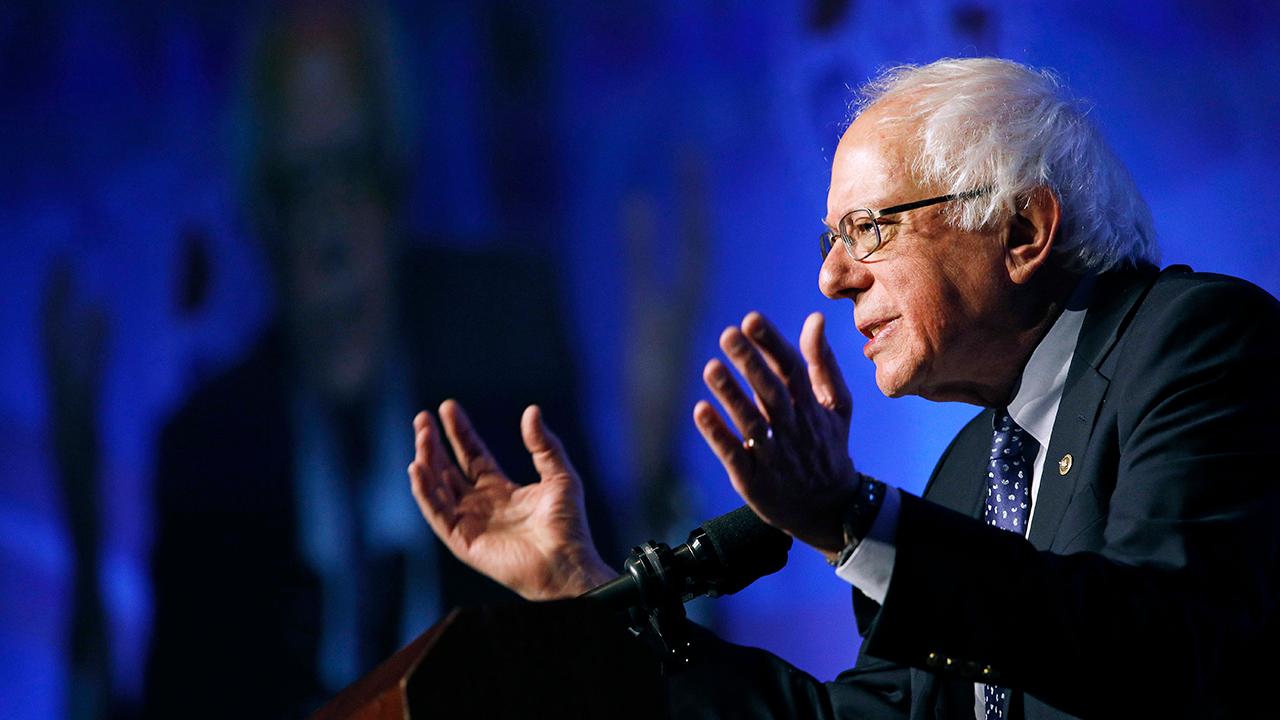Capitalism vs. income redistribution, explained
Capitalism is perhaps the finest aspect of modern society. Because of capitalism, we are privileged to live in what may only be described as an anomaly in history, a fluke of monumental proportion. We live in a time where most people have more wealth, better lifestyles and more freedom than has been the case across a vast expanse of history.
This is capitalism at play. Our children grow taller, our spouses live longer and we have more peace of mind than ever before. And we have capitalism to thank for this.
What makes capitalism work so well for us? To put it simply, capitalism hinges on the creation of wealth — where before there was not wealth, now there is. People, acting rationally and for their own benefit, are enticed to work together—and, magically, do so to each other’s benefit.
As Adam Smith explained, “It is not from the benevolence of the butcher, the brewer, or baker, that we expect our dinner, but from their regard to their own interest.” It is by their incentive to make a profit—and our willingness to give them it—that the butcher, the brewer and baker give us our dinner.
Smith also observes that, for this to work, people must act rationally and have a sense of security. Why would they give us our dinner if for no other reason than that a buyer will pay a reasonable price? And why would they accept a reasonable price unless they are secure in the belief they won’t be robbed of their earnings? It is through the self-interest of others that we find prosperity.
On the opposite side of the ledger is the socialist policy of income redistribution. Government redistributes income by taking income (the tax) from someone who earns more and giving the proceeds, as a subsidy, to someone who earns less.
By taxing income from the person who earns more, that person’s incentive to produce income declines, and he or she will produce/earn less. By subsidizing the person who earns less, that person has now found an alternative source of income and he or she too will produce/earn less.
Equal at zero income
Whenever government tries to redistribute income, total income falls. The greater the redistribution, the greater will be the fall in total income. At the limit, complete income redistribution — or putting an end to income inequality — would eliminate all income and make everyone equal, at zero income.
To see, intuitively, how redistribution reduces output and income, imagine the extreme example of a complete income redistribution program where everyone who earns more than the average income is taxed 100 percent of the excess above the average, and everyone who earns less than the average income is subsidized 100 percent up to the average. If done correctly, everyone will have the same after-tax, after-subsidy income regardless of their pre-tax, pre-subsidy income.
In such a program, there will be absolutely no incentive for anyone to work or earn income. What do you honestly think would happen to total income if everyone who worked, no matter how hard, was only able to receive the average income and everyone who didn’t work, or worked very little, also received the very same average income?
CLICK HERE TO GET THE FOX BUSINESS APP
The answer: total income would in short order, fall to zero. The socialist quest for 100 percent redistribution equates to zero income/output. As the late economist Milton Friedman quipped, if socialists took control of the Sahara Desert, there would soon be a shortage of sand.
Arthur B. Laffer is chairman of Laffer Associates.




















